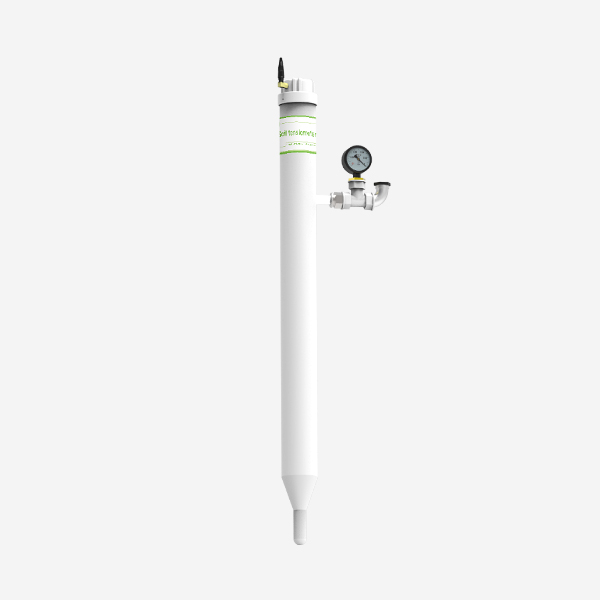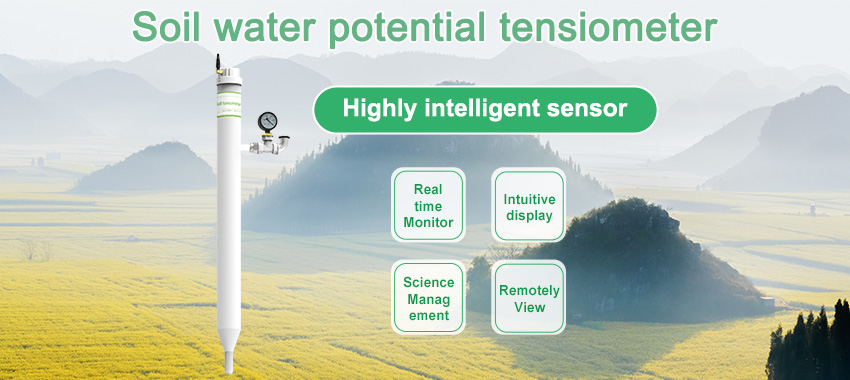A soil water potentiometer is a scientific instrument used to measure the water potential of soil. It is an essential tool for studying soil physics and understanding the relationships between soil moisture and plant growth. This article will discuss the functions, principles, and applications of a soil water potentiometer.

The main function of a soil water potentiometer
is to measure the water potential of soil. Water potential is a measure of the energy status of water in the soil and determines the movement of water within and between soil particles. It is influenced by factors such as soil texture, organic matter content, and temperature. By measuring the water potential, scientists can assess soil moisture availability and understand how water moves through the soil profile.
The principle behind the operation
of a soil water potentiometer lies in the concept of water potential. The instrument consists of a porous ceramic cup connected to a pressure transducer. The cup is inserted into the soil, allowing water to freely equilibrate with the soil matrix. The pressure transducer then measures the pressure difference between the cup and the atmosphere. This pressure difference is directly related to the soil water potential.
To obtain accurate measurements
it is important to properly calibrate the soil water potentiometer. Calibration involves setting the water potential of a reference solution to zero and then measuring the pressure difference between the reference solution and the soil. This calibration allows researchers to convert the pressure readings into water potential values.
Soil water potentiometers have a wide range of applications
in agricultural research, environmental studies, and irrigation management. In agriculture, they are used to determine the optimal soil moisture levels for different crops. By understanding the water potential of the soil, farmers can make informed decisions about when to irrigate and how much water to apply.
In environmental studies
soil water potentiometers are used to investigate the water-holding capacity of different soil types and assess the impact of land use changes on soil moisture dynamics. They are also useful for studying the effects of climate change on soil hydrology and predicting future water availability.

In irrigation management
soil water potentiometers help optimize irrigation scheduling. By continuously monitoring the water potential, farmers can avoid over-irrigation and reduce water wastage. This not only conserves water resources but also improves crop productivity and reduces the risk of waterlogging and nutrient leaching.
In conclusion
a soil water potentiometer is a valuable tool for measuring the water potential of soil. It plays a crucial role in understanding soil moisture dynamics, optimizing irrigation management, and predicting future water availability. By providing accurate and reliable measurements, soil water potentiometers contribute to the advancement of agricultural practices, environmental studies, and water resource management.
